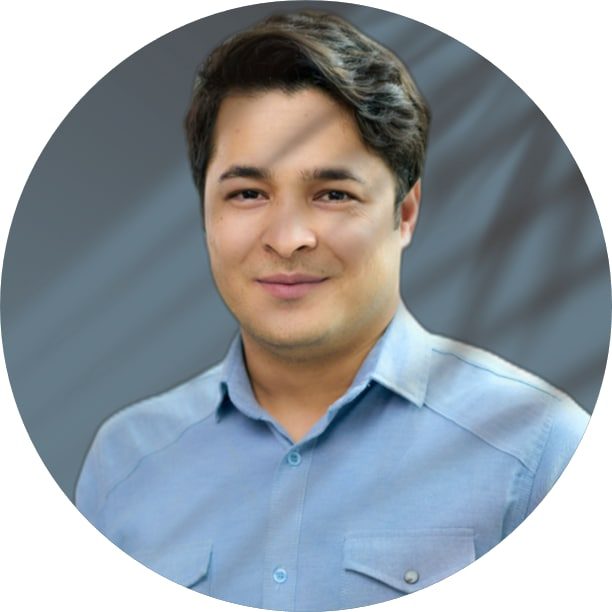
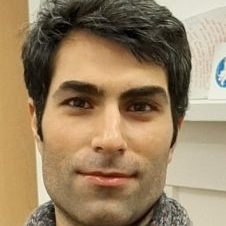
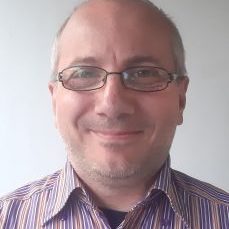
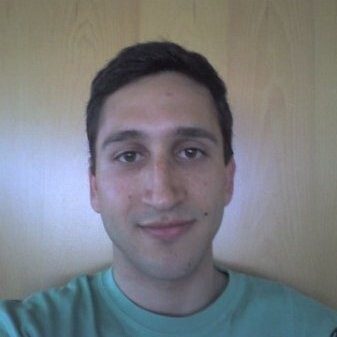
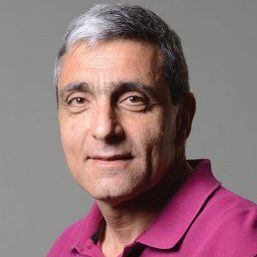
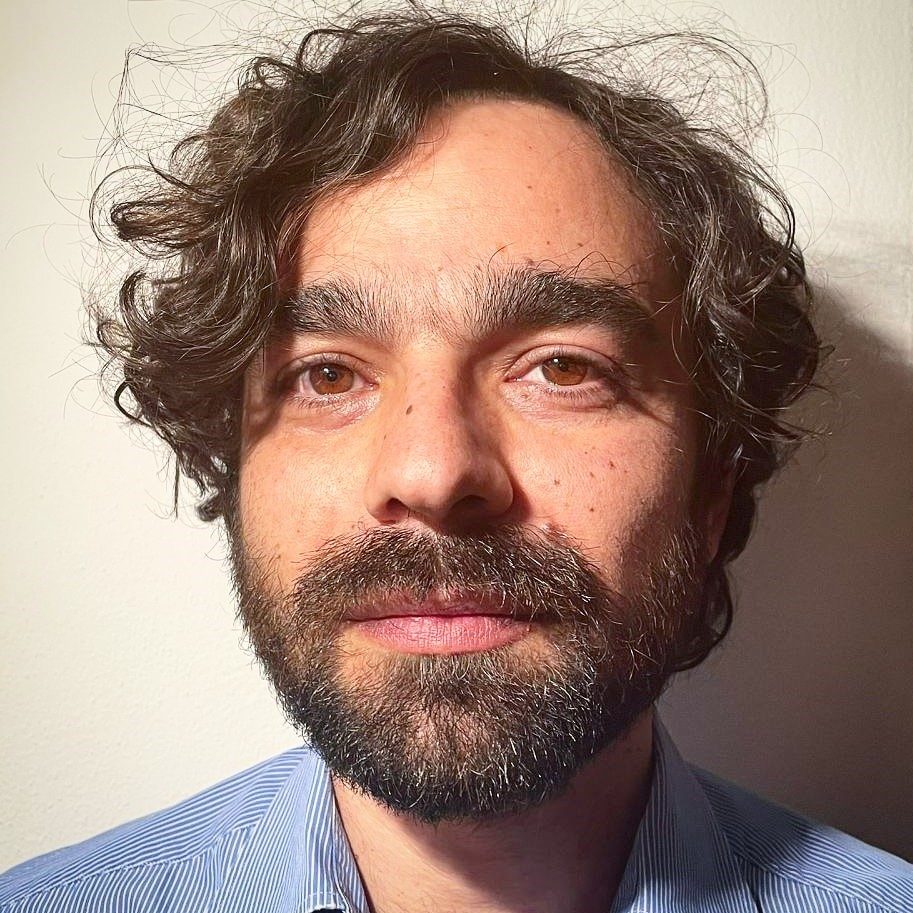
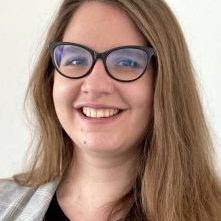
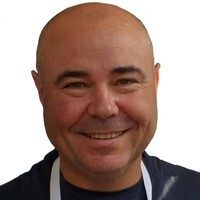
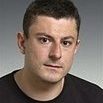
Prof Luis VELASCO is based at the Department of Computer Architecture (DAC) at Universitat Politecnica de Catalunya (UPC, Spain). He is also a senior researcher at the Advanced Broadband Communications Center (CCABA).
He has co-authored more than 275 papers in peer-reviewed International Journals and Conferences, as well as two books related to Elastic Optical Networks.
He served as an Associate Editor of the IEEE/OSA Journal of Optical Communications and Networking (JOCN) from 2015 to 2021, and is currently serving as an Associate Editor of MDPI Sensors, in the Editorial Board of MDPI Telecom, and in the TPC of several international conferences as well as reviewer of international journals. He has received ICREA Academia awards in engineering sciences in 2015 and 2020.
Link: https://personals.ac.upc.edu/lvelasco/
Prof Darko ZIBAR works at the Department of Photonics Engineering, at the Technical University of Denmark and is the group leader of Machine Learning in Photonics Systems (M-LiPS) group. He received his M.Sc. degree in telecommunication and his Ph.D. degree in optical communications from the Technical University of Denmark, in 2004 and 2007, respectively. He has been on several occasions (2006, 2008 and 2019) visiting researcher with the Optoelectronic Research Group led by Prof. John E. Bowers at the University of California, Santa Barbara, (UCSB). At UCSB, he has been working on topics ranging from analog and digital demodulation techniques for microwave photonics links and machine learning enabled ultra-sensitive laser phase noise measurements techniques. In 2009, he was a visiting researcher with Nokia-Siemens Networks, working on clock recovery techniques for 112 Gb/s polarization multiplexed optical communication systems. In 2018, he was visiting Professor with Optical Communication (Prof. Andrea Carena, OptCom) group, Dipartimento di Elettronica e Telecomunicazioni, Politecnico di Torino working on the topic of machine learning based Raman amplifier design.
LinkedIn: https://www.linkedin.com/in/darko-zibar-1779b73
